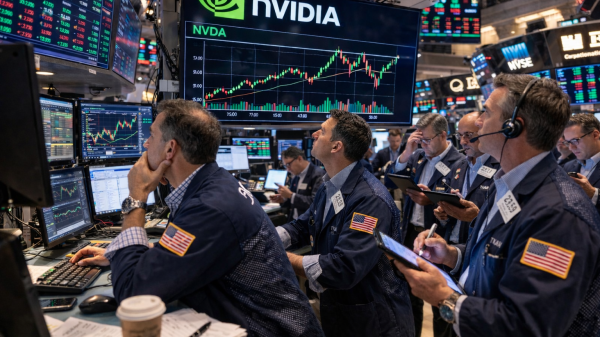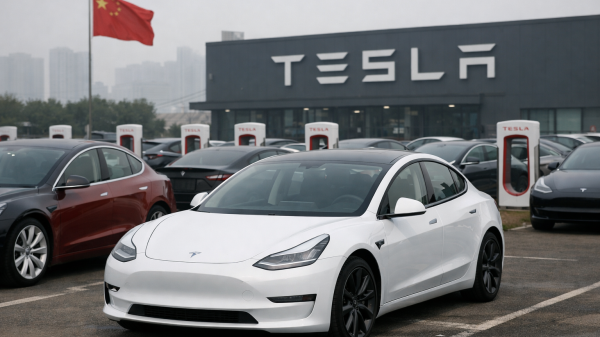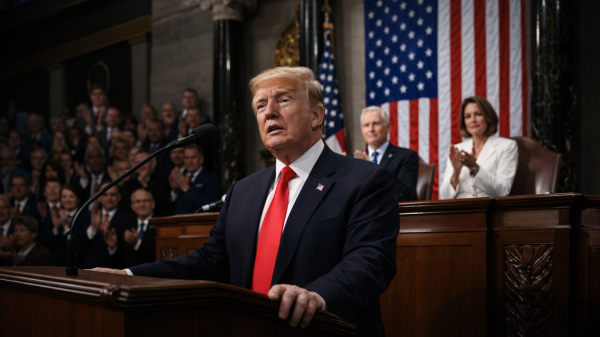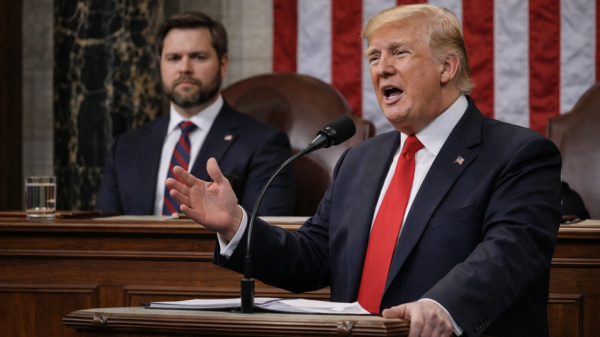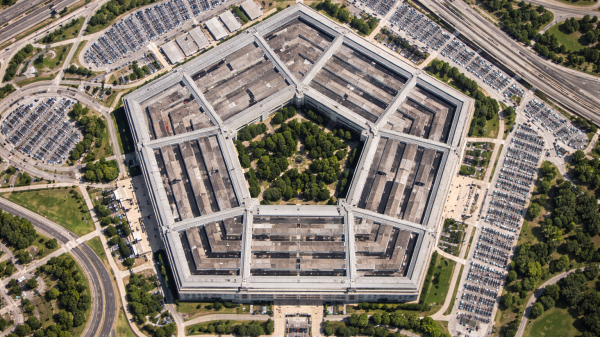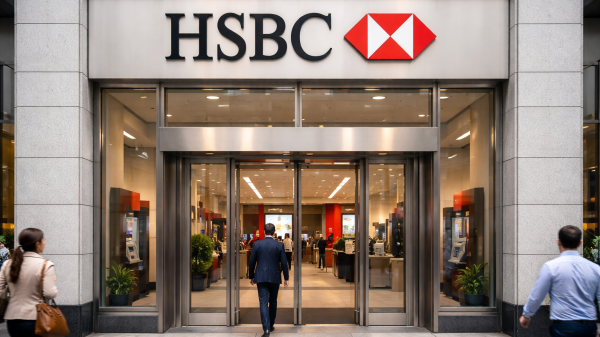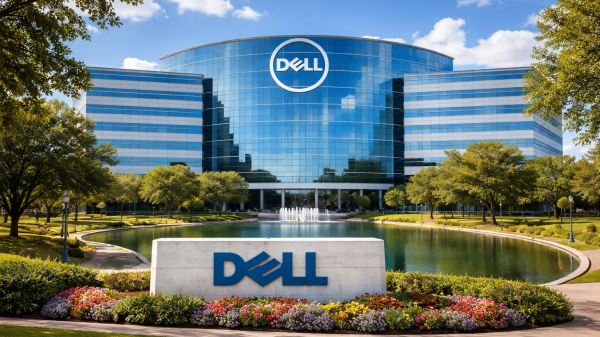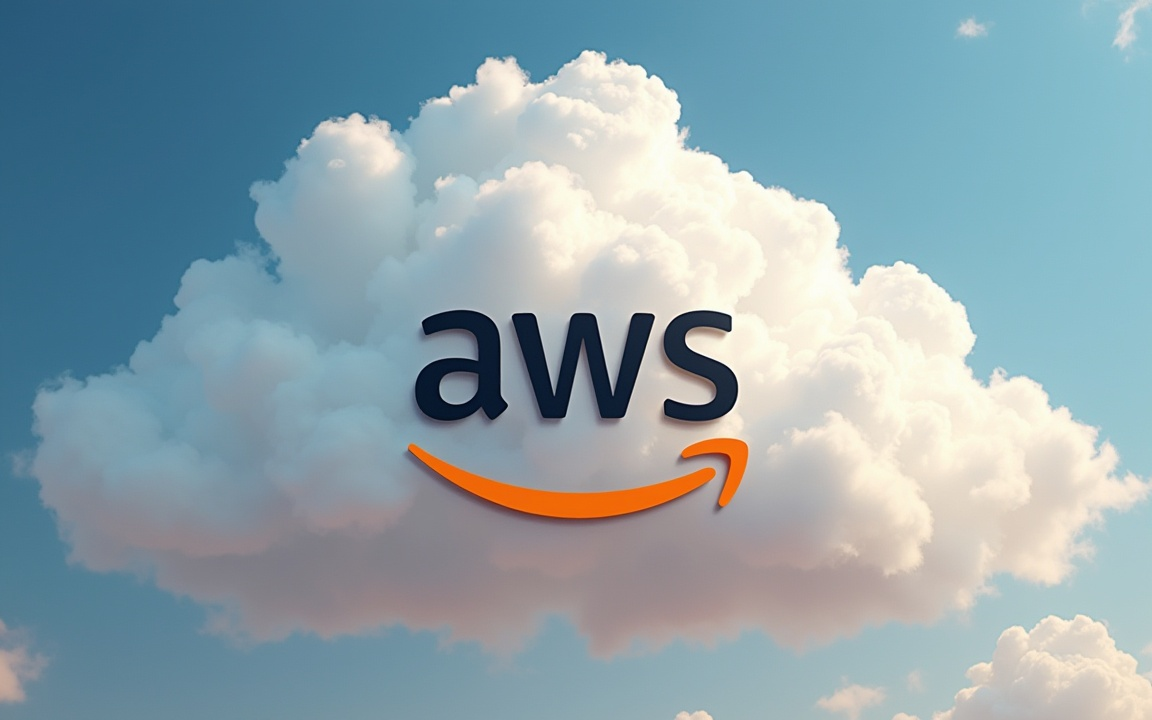OpenAI has signed a landmark $38 billion agreement with Amazon Web Services (AWS), marking its first major team-up with the world’s leading cloud infrastructure provider.
The transaction enables OpenAI access to hundreds of thousands of Nvidia GPUs hosted on AWS, enabling it to scale both training and inference workloads for its frontier models.
Amazon shares popped over 5% in premarket today since the company’s deal with OpenAI signals a strategic shift for the artificial intelligence (AI) powerhouse, which has so far leaned heavily on Microsoft Azure.
What the deal means for OpenAI and Amazon stock
Investors are responding enthusiastically to the OpenAI development, as securing the most valuable private AI firm as a marquee customer reinforces its dominance in cloud infrastructure.
“The breadth and immediate availability of optimised compute demonstrates why AWS is uniquely positioned,” said Matt Garman, chief executive of Amazon Web Services, in a press release today.
Meanwhile, the strategic agreement is just as positive for OpenAI as well.
The AWS partnership unlocks massive compute capacity and geographic flexibility, allowing it to run workloads on existing data centres while planning future expansion.
Additionally, it diversified OpenAI’s cloud footprint, reducing its reliance on any single provider and strengthening its operational resilience.
Amazon-OpenAI deal – a major blow to Microsoft stock?
While Microsoft remains a key partner – OpenAI recently committed to an additional $250 billion in Azure spending – the Amazon deal marks a clear end to exclusivity.
Microsoft’s preferential status expired last week, removing its right of first refusal on new cloud requests.
This opens the door for OpenAI to engage freely with other hyperscalers, including Google and Oracle.
Though Microsoft still benefits from its early $13 billion investment and deep integration with OpenAI products, the AWS agreement introduces competitive pressure.
It’s not a knockout blow, but it does dilute MSFT’s strategic leverage – which is why the company’s stock price is inching down on Monday.
The shift underscores OpenAI’s intent to build a multi-cloud strategy, and that could limit Azure’s growth in AI workloads.
How does the AMZN deal fit into OpenAI’s IPO plans
AWS agreement is more than a technical arrangement – it’s a signal of maturity ahead of a potential public offering.
OpenAI’s chief executive, Sam Altman, has hinted that an IPO is “the most likely path,” and Sarah Friar, its chief of finance, has described recent corporate restructuring as a preparatory step.
In fact, recent reports suggest OpenAI could pursue a $1.0 trillion valuation, and locking in long-term cloud capacity across providers adds credibility to that ambition.
By securing infrastructure from AWS, OpenAI demonstrates scalability, independence, and financial discipline – traits investors will scrutinise.
The transaction also helps OpenAI meet surging demand from enterprise clients using its models via AWS’s Bedrock platform, further boosting its commercial appeal.
The post Amazon-OpenAI announce $38B deal: here’s what it means for Microsoft appeared first on Invezz






